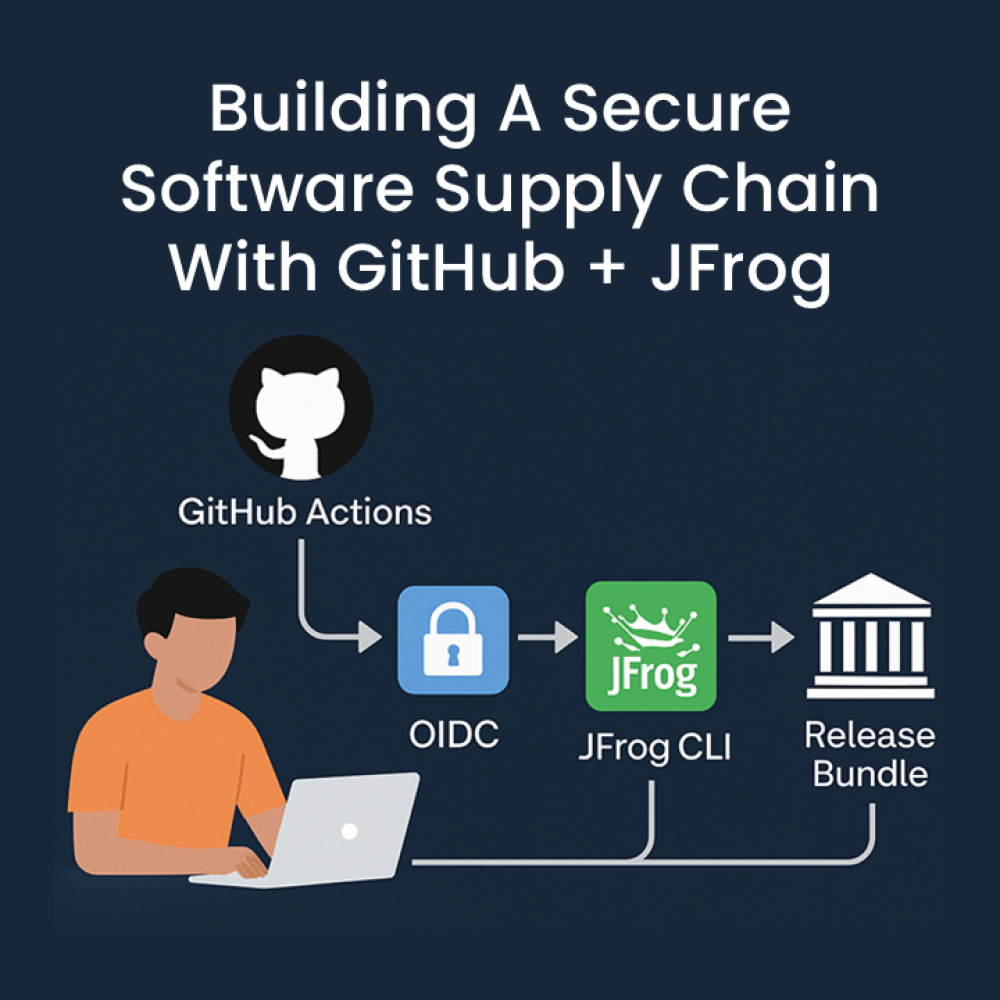In recent years, Artificial Intelligence (AI) has made remarkable strides, transforming how we interact with technology and empowering us to accomplish tasks with unprecedented efficiency. Generative AI has emerged as a game-changer, enabling machines to generate content, code, and even conversational experiences autonomously.
GitHub Copilot stands as a prime example, leveraging Generative AI to provide intelligent code suggestions and foster collaborative coding environments. However, amidst its technical prowess, ensuring data privacy and security remains paramount. Below we delve into exactly how GitHub’s Copilot provides value and the critical aspects of security and data privacy that should be considered when using an AI-driven coding tool.

Copilot In a Nutshell:
At the core of GitHub Copilot lies a sophisticated generative AI model, leveraging deep learning architectures like OpenAI’s GPT (Generative Pre-trained Transformer). Trained on vast repositories of code from GitHub, Copilot harnesses the power of machine learning to comprehend natural language prompts and generate contextually relevant code snippets. This model’s training encompasses diverse programming languages, libraries, and frameworks, enabling Copilot to offer suggestions across a wide spectrum of coding tasks.
GitHub Copilot’s code generation process involves multiple layers of neural network architectures, including transformer-based models for natural language understanding and recurrent neural networks (RNNs) for code synthesis. When a developer provides a natural language prompt, Copilot tokenises and processes the input, identifying relevant keywords, syntax, and semantic cues. Subsequently, the model generates a series of probable code completions based on learned patterns and coding conventions extracted from its extensive training data.
Beyond its code completion capabilities, GitHub Copilot introduces a novel chat feature, facilitating seamless collaboration among developers. The chat feature allows developers to communicate with Copilot directly within their integrated development environment (IDE), enabling real-time interaction and feedback. This interactive mode fosters a dynamic coding environment where developers can articulate their intentions, discuss algorithmic approaches, and refine code snippets in tandem with Copilot’s suggestions.
Features and Added Values:
- Efficient Code Generation: Copilot accelerates the coding process by suggesting contextually relevant code snippets based on natural language prompts, saving developers time and effort.
- Enhanced Productivity: By automating repetitive coding tasks and offering intelligent code suggestions, Copilot boosts developer productivity, allowing them to focus on higher-level problem-solving and innovation.
- Wide Language and Framework Support: Copilot’s extensive training on diverse code repositories enables it to offer suggestions across various programming languages, libraries, and frameworks, catering to a wide range of coding tasks.
- Personalised Suggestions: Copilot adapts to individual coding styles and preferences, offering personalised suggestions tailored to each developer’s workflow, coding conventions, and preferred libraries.
- Knowledge Sharing: Copilot learns from existing code patterns and practices, enabling developers to discover new techniques, explore alternative solutions, and learn from examples shared by peers, thus fostering a culture of continuous learning and improvement within developer communities.
- Seamless Integration: Copilot seamlessly integrates with popular integrated development environments (IDEs) and code editors, such as Visual Studio Code (VS Code), ensuring a frictionless user experience and enabling developers to leverage its AI-driven assistance seamlessly while writing code.
- Continuous Improvement: GitHub regularly updates and enhances Copilot’s models and features, delivering continuous improvements and optimizations to users worldwide, ensuring that developers have access to the latest advancements in AI-driven coding assistance.
Security and Data Privacy Concerns:
GitHub recognises the importance of maintaining security and data privacy when leveraging AI-driven tools like Copilot. To safeguard user data, GitHub implements stringent access controls and authentication mechanisms, ensuring that only authorised individuals have access to sensitive information. Moreover, GitHub adheres to industry best practices for data encryption, data anonymisation, and secure data transmission, mitigating the risk of data breaches or unauthorised access.
Furthermore, GitHub Copilot operates within the confines of user-defined permissions and access controls, ensuring that developers retain control over their code repositories and intellectual property. By providing granular control over data sharing and collaboration settings, GitHub empowers users to manage privacy preferences according to their organisational policies and compliance requirements.
Conclusion:
GitHub Copilot stands at the forefront of AI-driven coding assistance, empowering developers to write code efficiently, collaborate seamlessly, and innovate collectively. While prioritising security and data privacy, GitHub ensures stringent measures, including robust encryption protocols and data handling policies, safeguarding sensitive information. As developers embrace Copilot’s transformative capabilities, we anticipate a paradigm shift in coding practices, where the fusion of human ingenuity and AI-driven automation propels software development into new realms of productivity and innovation.
As GitHub Partners, TL Consulting excels in leveraging the comprehensive suite of products and solutions to drive value for your business. Get in touch with one of our GitHub experts today to learn how we can transform your business.

